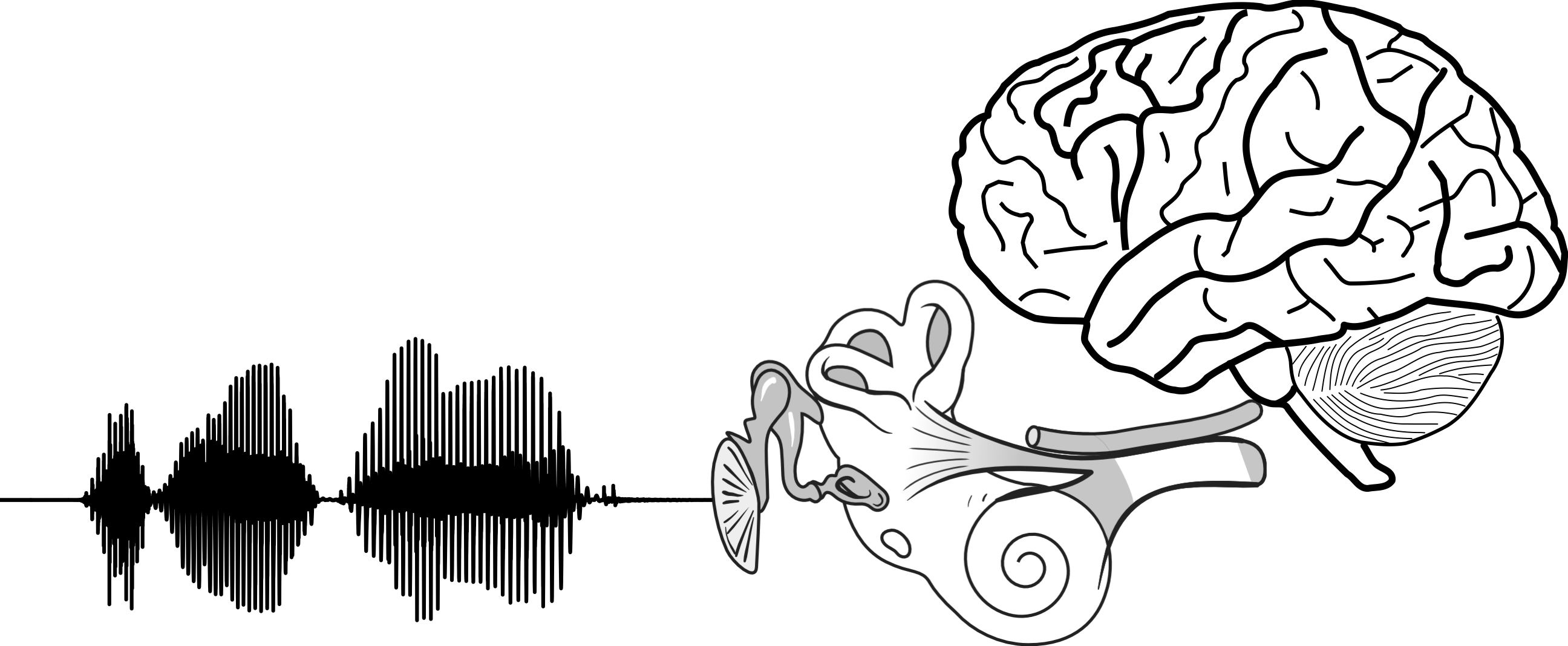Join the lab
For Prospective Graduate Students (or those already at Purdue)
You can join SNAPlab by applying to the Ph.D. program offered by the Weldon School of Biomedical Engineering, or the Department of Speech, Language, and Hearing Sciences, or through the Integrative Neuroscience track of the PULSe program. If you are interested in the research done at SNAPlab, feel free to send an email to Hari Bharadwaj directly to discuss your interests. Please attach a copy of your CV.
If you are already admitted to any PhD program at Purdue (e.g., in Electrical Engineering, or the PULSe program) and looking for a research home for your Ph.D., please contact Hari to discuss possible openings if you have a strong interest in studying the neuroscience of auditory perception.
The work done in the lab is interdisciplinary, and typically involves some combination of collecting and analyzing brain-signal/image data from human subjects, processing and synthesizing sounds, conducting listening experiments, and building computational models to integrate the knowledge into a broader framework. Thus, there are at least two different, complementary candidate profiles that would be a good fit for the lab:
- Candidates with a strong quantitative background, i.e., some familiarity with signal processing, linear algebra, probability and statistics, machine learning etc. (e.g., through engineering, applied math, or applied physics programs) with a strong interest in applying their background to interesting problems in the neuroscience of hearing, and willingness to work with human subjects. The Ph.D. program in Biomedical Engineering is likely the best fit in this case.
OR
- Candidates with a background in neuroscience, audiology, psychology, hearing science, or cognitive science, with a strong interest in the neuroscience of hearing, and a commitment to sharpening broadly-valuable quantitative skills (i.e., signal processing, statistics, etc.). The Ph.D. program in Speech, Language, and Hearing Sciencesr (OR) the PULSe program are likely better fits in this case.
The above is just intended to give you a better sense of what working in the lab may entail, and not meant to discourage if your background is somewhat different. If you are keen about the research done here, please feel free to contact Hari to discuss the fit. In general, prior research experience, good performance in quantitative courses, and demonstrable programming/scripting skills (e.g., one of Python, MATLAB, or R) are all factors that would help in making your grad school application more competitive. Any familiarity with electroencephalography (EEG), magnetic resonance imaging (MRI), or hearing research is a plus. Regardless of your background, strong communication and analytical skills (e.g., a percentile of 80 or better in GRE analytical writing) are essential.
Application requirements for the Biomedical Engineering Ph.D. can be found here, and the Speech, Language, & Hearing Sciences Ph.D. program here.
For Purdue Au.D. students
Occasionally, openings are available for Au.D. students. If you are an Au.D. student at Purdue interested in getting involved in translational auditory neuroscience research, please contact Hari directly to discuss your interest and the timeframe you have in mind.
For Purdue Undergraduates
If you are at Purdue and would like to gain research experience studying the neuroscience of auditory perception, send an email to Hari directly to discuss your interests.
For Prospective Postdocs
If you are are interested in a post-doctoral collaboration with Hari Bharadwaj, please email him directly to discuss the research question(s) you are interested in pursuing, and what you hope to gain out of the training, i.e., the pathway you envision towards wherever you want to go next. Please attach a copy of your CV and a publication (where your contribution was as a leading and/or corresponding author).
